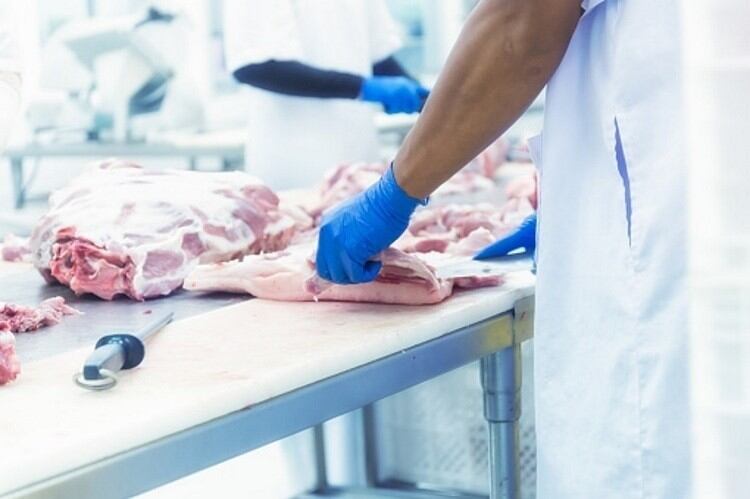Nestlé announced proposals to close the factory last year with the loss of 475 roles, as well as plans to cut 98 roles at its York production site – a total of 573 jobs across the two sites.
At the time, the manufacturer said the cuts were the result of a need to reorganise and simplify its network of manufacturing sites across Europe.
Plan of action
Delegates at the first meeting of the new taskforce – held at the production site – agreed to bring together and deliver a plan to support the workforce of Nestle Fawdon to find suitable alternative employment if necessary, and to explore options for the factory site for the benefit of the local community.
Newcastle City Council chief executive and chair of the meeting Pam Smith said: “Whilst we remain deeply disappointed by the decision to close the factory, we are working constructively with both Nestlé and local and regional representatives to ensure that all employees are supported to find alternative employment and the site is reused to maximise the benefit for the immediate area and the wider city.”
Participants at the meeting included Catherine McKinnell MP, local councillors, local and regional representatives from GMB and UNITE Trade Unions, and regional representatives from the Department for Business, Energy and Industrial Strategy and the Department for Work and Pensions.
Local Representatives
Representatives from the North East Local Enterprise Partnership and the North of Tyne Combined Authority were also present.
Meanwhile, earlier this month, poultry processor Moy Park announced plans to close its processing facility in Ashbourne, Debyshire with the potential loss of more than 900 jobs.
The proposed changes to its processing model followed a strategic review, in which the business said that due to “ongoing investment” in its facilities over the past several years and “enhanced efficiencies” it is now in a position to move its fresh primary operations from a four-factory processing model to a three-factory model.





